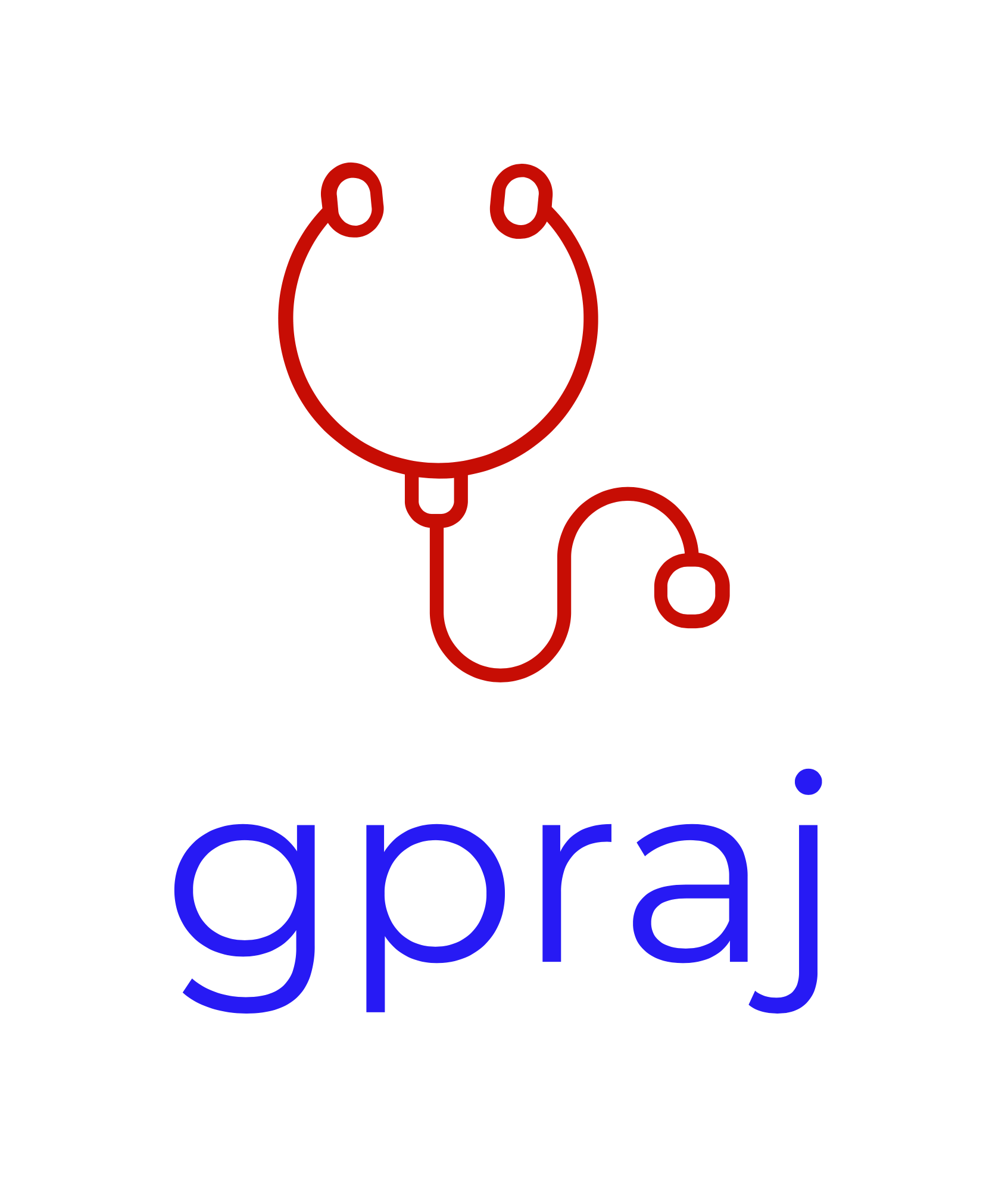NHS newborn blood spot (NBS) screening programme
NHS Newborn blood spot screening programme overview
Screening tests
A health professional will usually take a blood spot sample on day 5 (day of birth is day 0) from a child’s heel and send the sample for testing.
There are guidelines which health professionals need to follow to take a good quality sample.
Samples should be sent to the screening laboratory for analysis the same day they are taken. Parents receive the results within 6 weeks.
Using the NBS fail safe solution (an IT system which identifies babies born in England who have missed screening) helps prevent mistakes being made, for example, babies being missed from screening, NBS samples not reaching screening laboratories or samples getting delayed in transit
Target population
All babies up to but not including their first birthday are eligible for NBS screening for the 9 conditions listed below.
Babies are only eligible for CF screening up to 8 weeks (56 days) of age: this is because the CF screening test (immunoreactive trypsinogen (IRT) levels) is not reliable after this age.
Babies who are new to the country or are yet to have a blood spot test are eligible for testing up to a year old.
Babies born at less than 32 completed weeks gestation (less than or equal to 31 weeks + 6 days) need a second blood spot sample taken after the day 5 sample for CHTscreening.
Newborn screening
NINE conditions are screened
Sickle cell disease (SCD): (tests for Sickle Cell Disease, Sickle Cell carrier status, Thalassaemia major, but does not test for Thalassaemia carrier status)
Cystic fibrosis (CF)
Congenital hypothyroidism (CHT) (analysis of TSH levels)
Phenylketonuria (PKU)
Medium-chain acyl-CoA dehydrogenase deficiency (MCADD)
Maple syrup urine disease (MSUD)
Isovaleric acidaemia (IVA)
Glutaric aciduria type 1 (GA1)
Homocystinuria (HCU)
